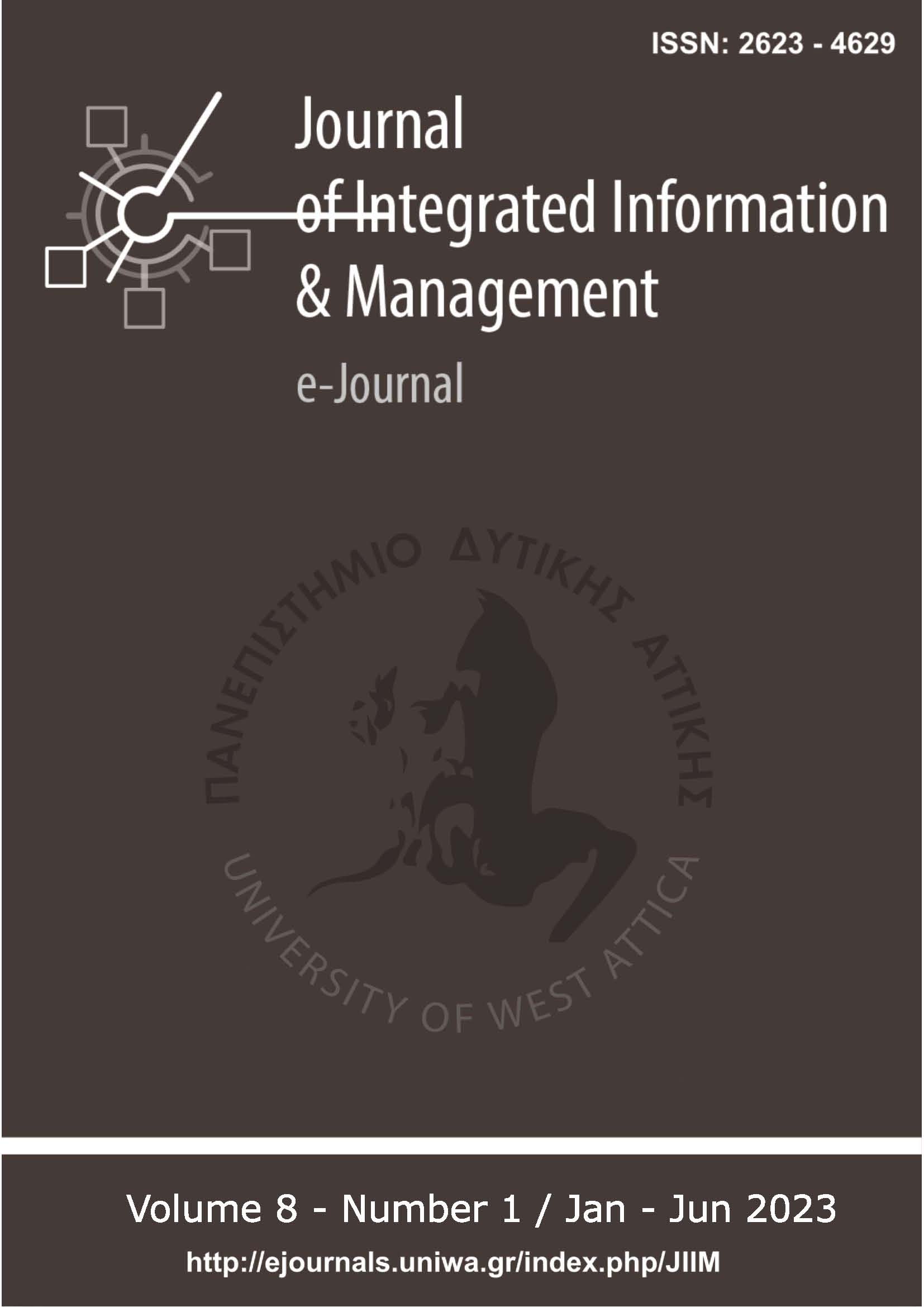Archives and records management in machine learning technologies context a research hypothesis on university records

Abstract
Purpose - This paper explores the goal and potential of integrating machine learning technologies into archives and records management practices. As the volume and complexity of digital records continue to grow, traditional methods of organising, classifying, and managing records face new challenges. Machine learning technologies offer opportunities to revolutionise how records are maintained, accessed, and used.
Design/methodology/approach - The relationship between records and archive management and machine learning practices is presented through the literature. This paper proposes a case study implementation of machine learning practices for the subject classification of records at the University of West Attica.
Findings - This paper presents a research hypothesis placing the subject classification of records at the center of the discussion. It highlights the necessity of deepening the standardisation of government actions record management processes.
Originality/value - By exploring this topic, the paper seeks to contribute to a deeper understanding of the transformative role that machine learning technologies can play in archives and records management and to inform future practices and decision-making in the field. It is also the first theoretical part of an ongoing research project on the subject classification of the University of West Attica records.
Article Details
- How to Cite
-
Triantafyllou, I., Chrysanthopoulos, C., Stoyannidis, Y., & Tsolakidis, A. (2024). Archives and records management in machine learning technologies context: a research hypothesis on university records. Journal of Integrated Information Management, 8(1), 7–13. Retrieved from https://ejournals.epublishing.ekt.gr/index.php/jiim/article/view/37908
- Section
- Research Articles

This work is licensed under a Creative Commons Attribution-NonCommercial 4.0 International License.
Copyright Notice
Authors who publish with JIIM agree to the following terms:
- Authors retain copyright and grant the journal right of first publication with the work simultaneously licensed under a Creative Commons Attribution Non-Commercial License that allows others to share the work with:
- An acknowledgment of the work's authorship and initial publication in this journal.
- Authors are permitted and encouraged to post their work online (preferably in institutional repositories or on their website) prior to and during the submission process, as it can lead to productive exchanges, as well as earlier and greater citation of published work.





